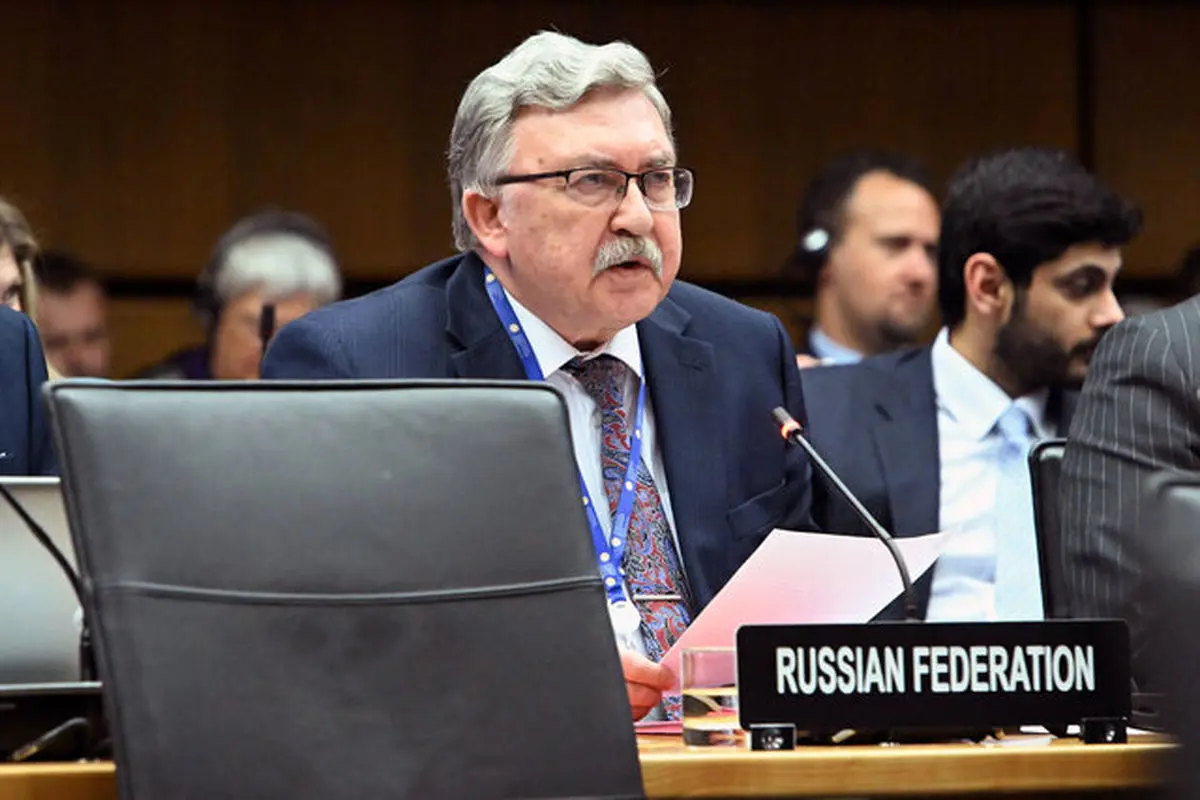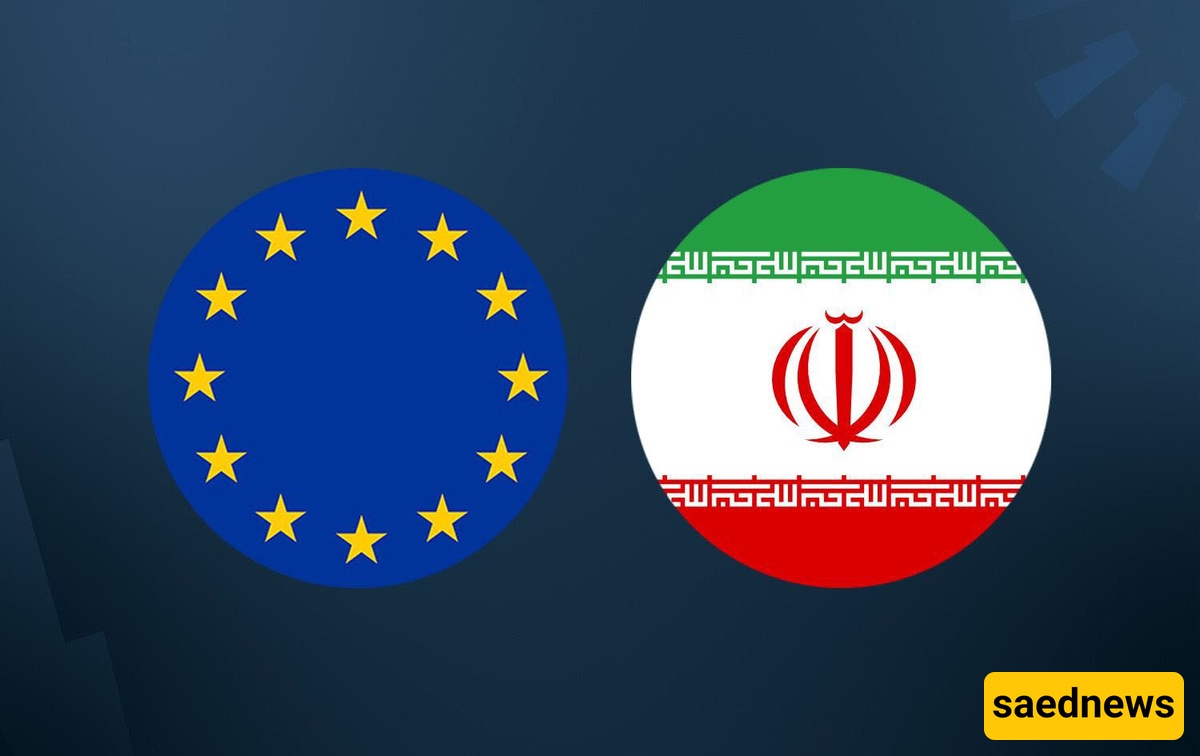SAEDNEWS: Russia’s envoy in Vienna, Mikhail Ulyanov, warned that the UK, France and Germany’s threat to trigger the snapback mechanism against Iran lacks legal legitimacy and reflects a political dead-end.

According to Saeed News, quoting Mehr, Russia’s Permanent Representative to International Organizations in Vienna, Mikhail Ulyanov, stated in a post on X that the United Kingdom, France, and Germany have threatened to trigger the snapback mechanism to reimpose previous sanctions on Iran.

He continued: “Let us, for a moment, set aside the legal and procedural matters—which certainly do not give the three European states the right to take such an action—and look at the issue purely from a political perspective.”
Ulyanov added: “The question arises whether the three European countries have a strategy or a vision for finding a way out of the deadlock they intend to create. It seems that the answer is negative.”
He had previously said that the UK, Germany, and France were trying to blackmail Iran by threatening to activate the so-called snapback mechanism, foreseen in UN Security Council Resolution 2231, before the end of August. However, a serious obstacle prevents them from doing so: the same European countries (the E3, parties to the 2015 nuclear deal) themselves violated Resolution 2231 and the JCPOA. Therefore, from a legal standpoint, as violators, they lack the right to trigger snapback.
Ulyanov explained that the doctrine of good faith in international law prevents one party from claiming rights under an agreement while simultaneously failing to fulfill its own obligations under that same agreement. (He referred to the advisory opinion of the International Court of Justice on the legal consequences for states of South Africa’s continued presence in Namibia despite UN Security Council Resolution 276 (1970)).
“In other words,” he concluded, “the attempt by the three European states (the UK, Germany, and France) to trigger the snapback mechanism despite their own non-compliance with Resolution 2231 runs counter to the fundamental principles of international law.”

